William Harrison Worksheets
Do you want to save dozens of hours in time? Get your evenings and weekends back? Be able to teach about William Harrison to your students?
Our worksheet bundle includes a fact file and printable worksheets and student activities. Perfect for both the classroom and homeschooling!
Resource Examples
Click any of the example images below to view a larger version.
Fact File
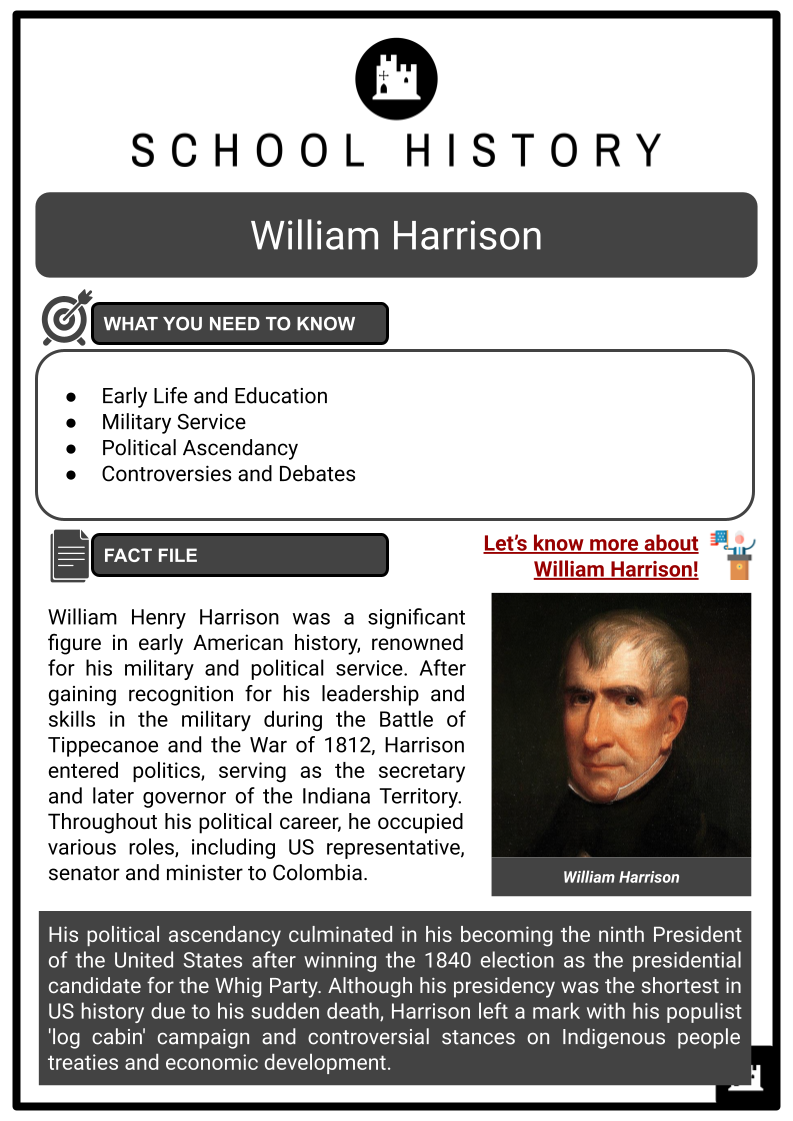
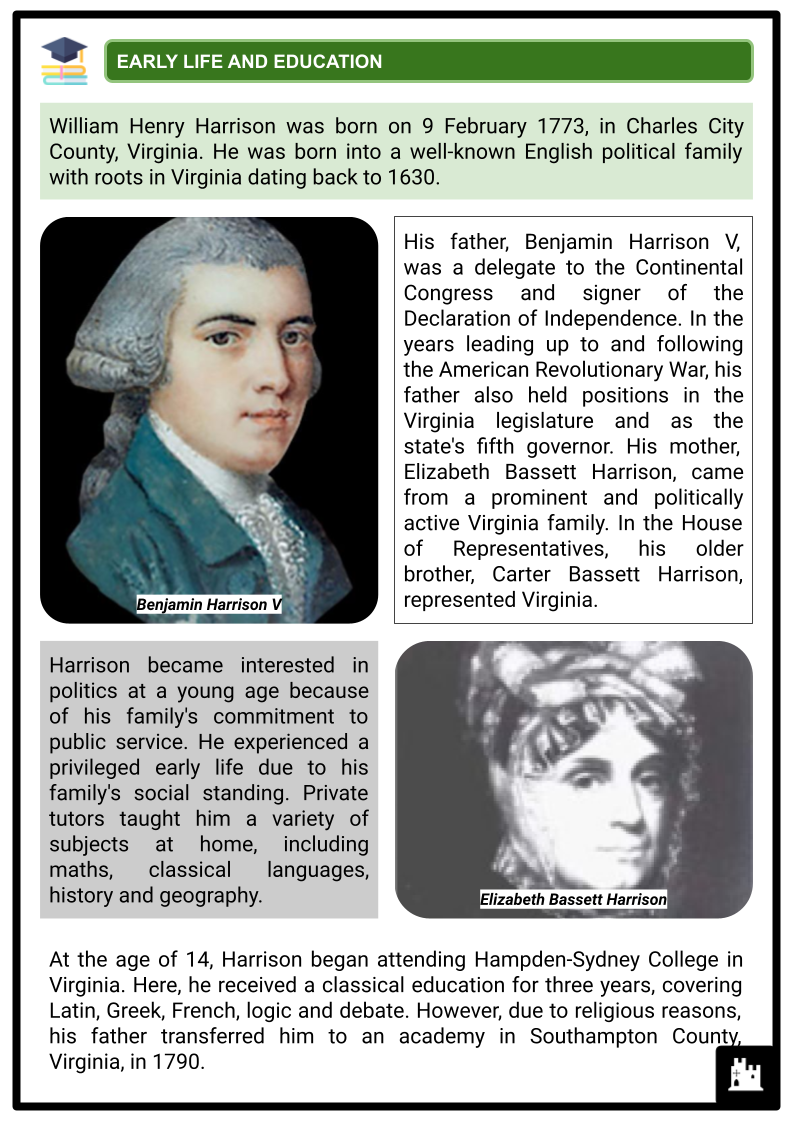
Student Activities
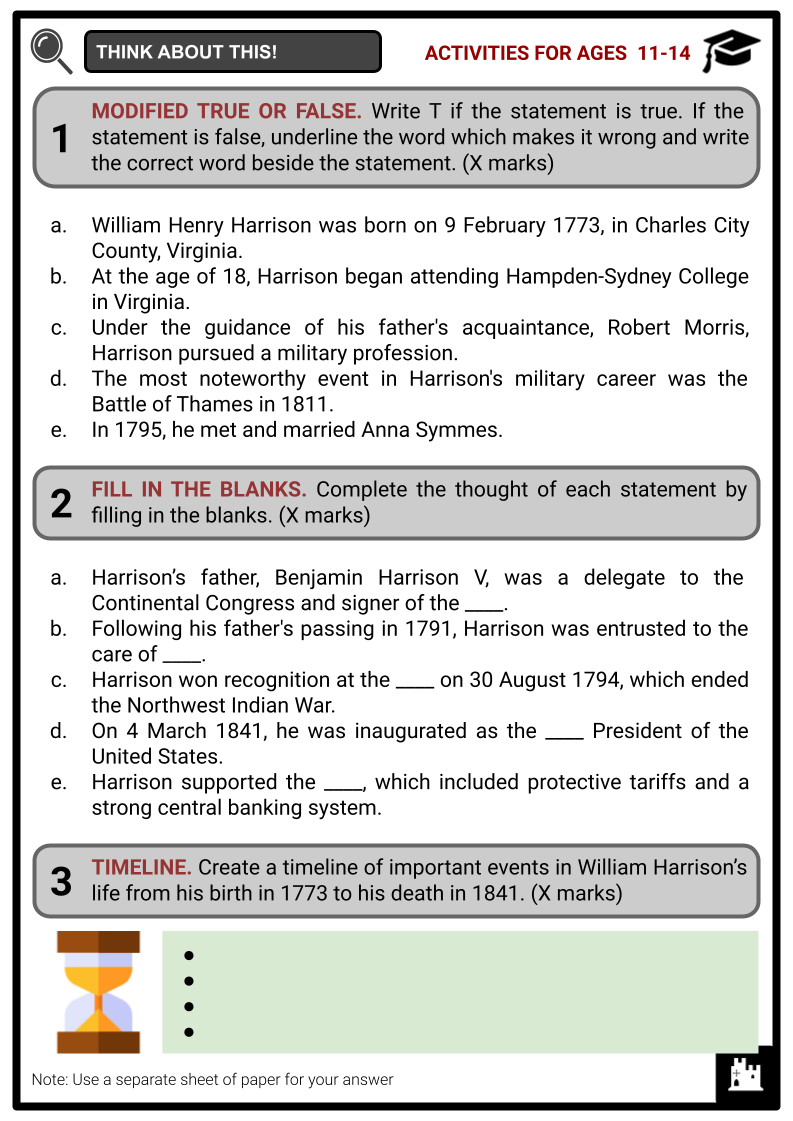
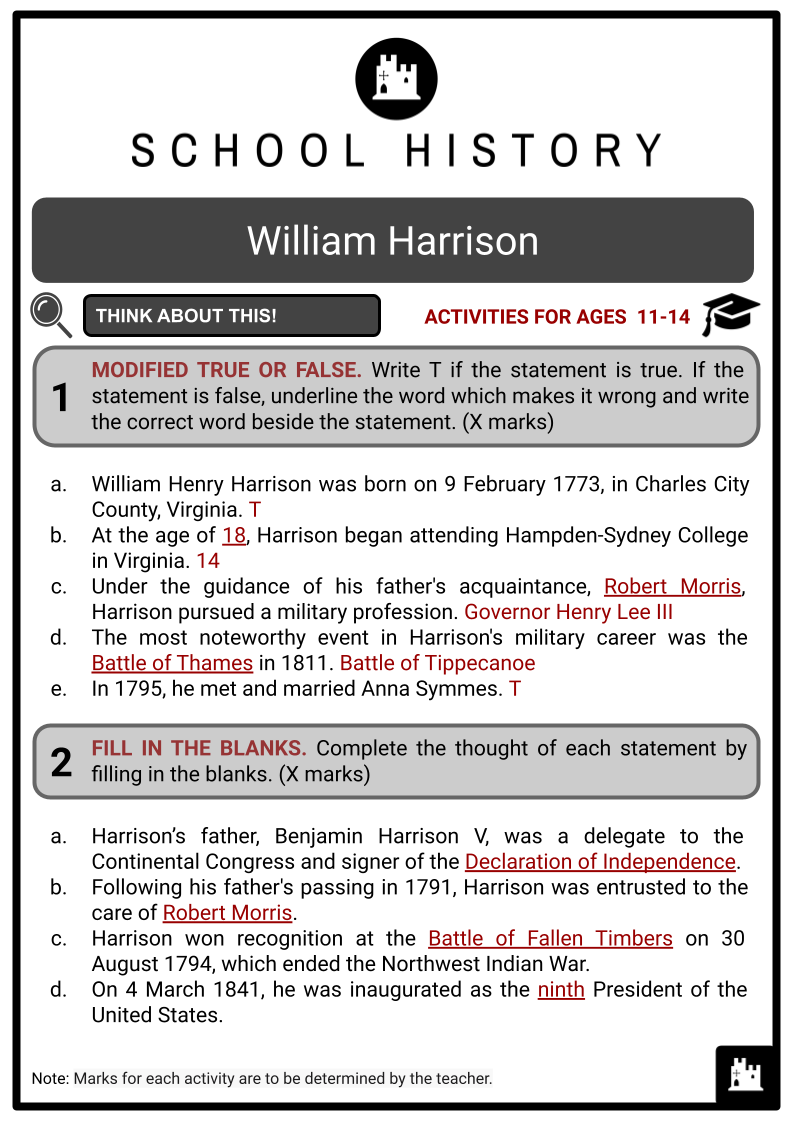
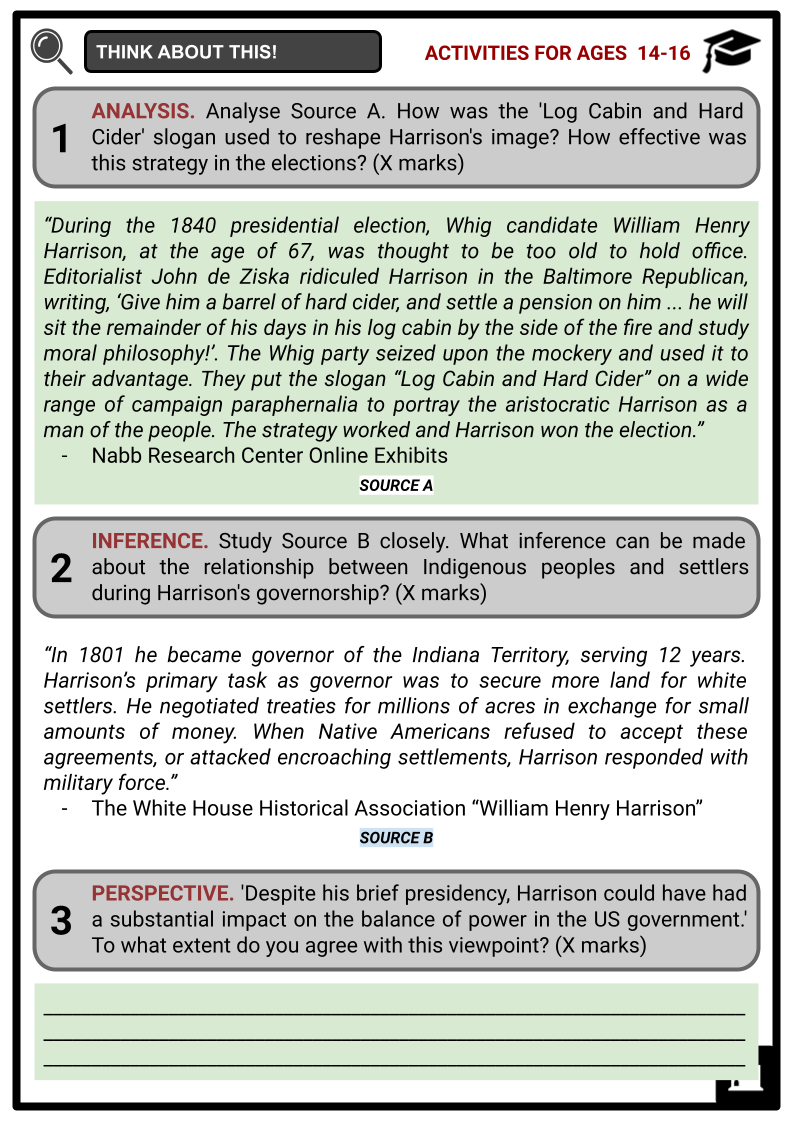
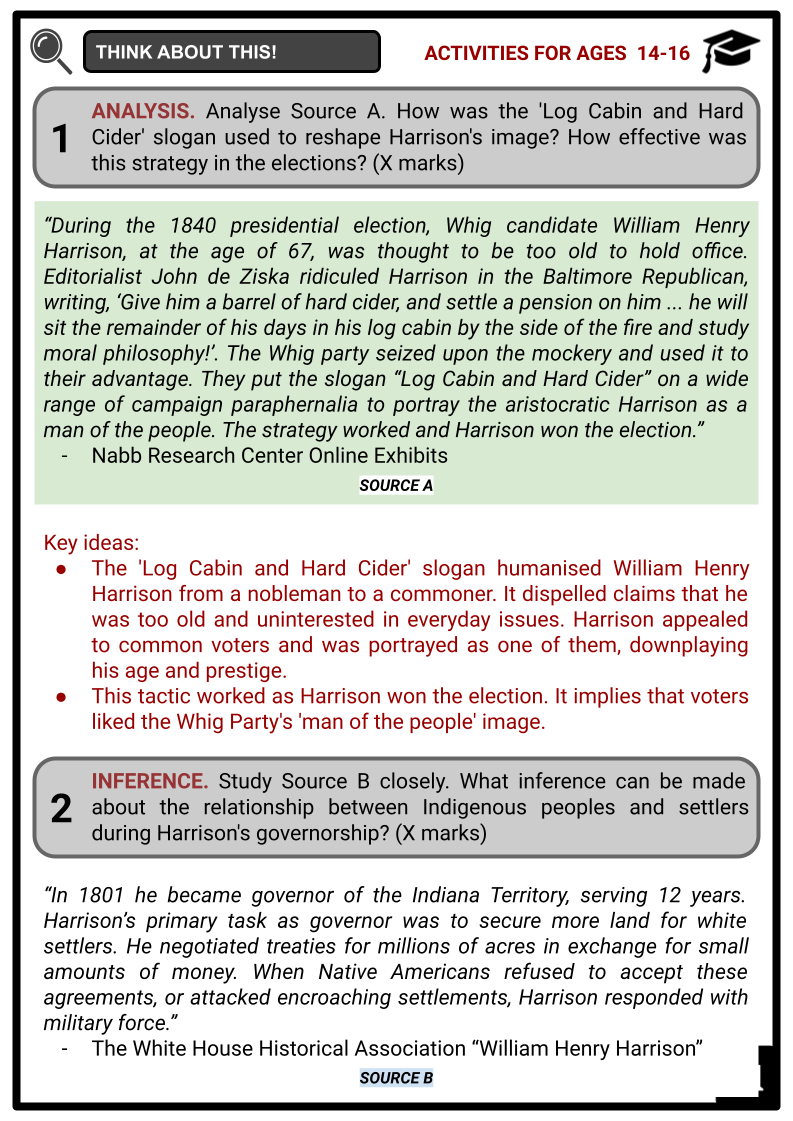
Summary
- Early Life and Education
- Military Service
- Political Ascendancy
- Controversies and Debates
Key Facts And Information
Let’s know more about William Harrison!
William Henry Harrison was a significant figure in early American history, renowned for his military and political service. After gaining recognition for his leadership and skills in the military during the Battle of Tippecanoe and the War of 1812, Harrison entered politics, serving as the secretary and later governor of the Indiana Territory. Throughout his political career, he occupied various roles, including US representative, senator and minister to Colombia.
His political ascendancy culminated in his becoming the ninth President of the United States after winning the 1840 election as the presidential candidate for the Whig Party. Although his presidency was the shortest in US history due to his sudden death, Harrison left a mark with his populist 'log cabin' campaign and controversial stances on Indigenous people treaties and economic development.
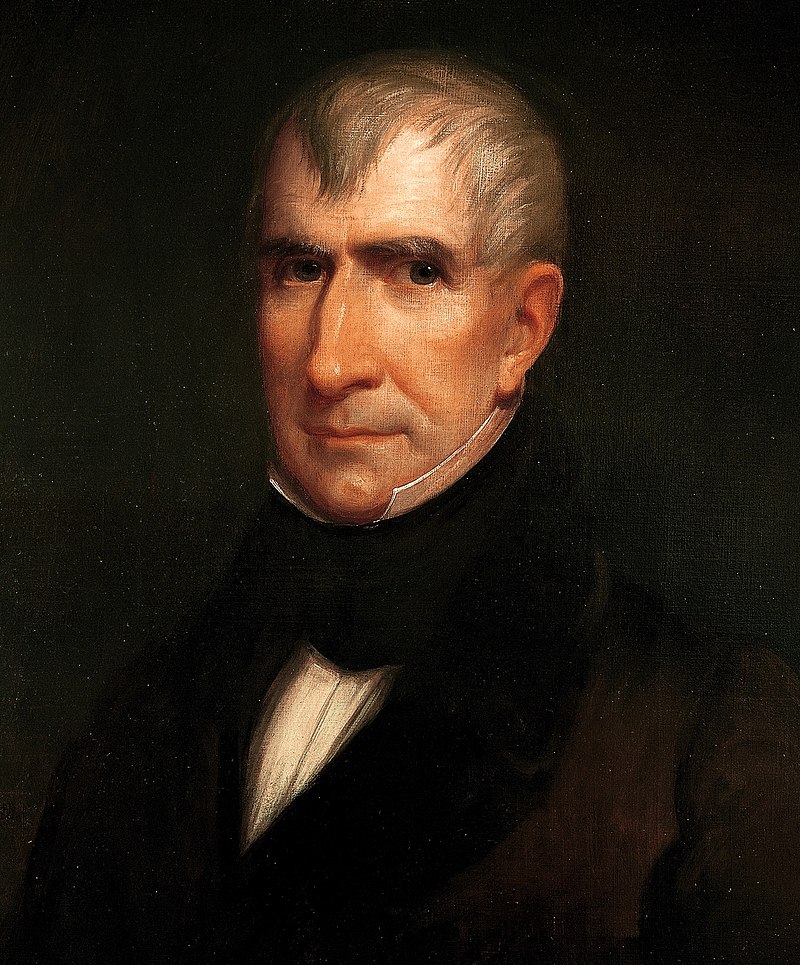
EARLY LIFE AND EDUCATION
- William Henry Harrison was born on 9 February 1773, in Charles City County, Virginia. He was born into a well-known English political family with roots in Virginia dating back to 1630.
- His father, Benjamin Harrison V, was a delegate to the Continental Congress and signer of the Declaration of Independence. In the years leading up to and following the American Revolutionary War, his father also held positions in the Virginia legislature and as the state's fifth governor. His mother, Elizabeth Bassett Harrison, came from a prominent and politically active Virginia family. In the House of Representatives, his older brother, Carter Bassett Harrison, represented Virginia.
- Harrison became interested in politics at a young age because of his family's commitment to public service. He experienced a privileged early life due to his family's social standing. Private tutors taught him a variety of subjects at home, including maths, classical languages, history and geography.
- At the age of 14, Harrison began attending Hampden-Sydney College in Virginia. Here, he received a classical education for three years, covering Latin, Greek, French, logic and debate. However, due to religious reasons, his father transferred him to an academy in Southampton County, Virginia, in 1790.
- Following his father's passing in 1791, Harrison was entrusted to the care of Robert Morris, a close family friend in Philadelphia, while he attended the University of Pennsylvania to pursue his medical studies. Due to his brother's inheritance of their father's assets and wealth, Harrison encountered financial difficulties and was unable to secure the necessary finances for his continued medical education.
- This would be a turning point in his early life, shaping his future career choices and propelling him into the military. His experience in the US Army marked the beginning of his public service career, which eventually led him into politics.
MILITARY SERVICE
- Under the guidance of his father's acquaintance, Governor Henry Lee III, Harrison pursued a military profession. His military career began when he joined the US Army in 1791, amid the backdrop of ongoing conflicts with Indigenous peoples in the Northwest Territory. Given his influential connections, Harrison was promptly appointed as an ensign in the 1st Infantry Regiment. His battlefield prowess and leadership skills rapidly earned him promotions.
- During the Northwest Indian War, Harrison served as an aide-de-camp to General 'Mad Anthony' Wayne. He won recognition at the Battle of Fallen Timbers on 30 August 1794, which ended the Northwest Indian War.
- As a witness to Wayne, the lead American negotiator, Harrison signed the Treaty of Greenville in 1795. Two-thirds of Ohio became open to colonisation after a group of Indigenous peoples gave up some of their territory to the federal government as per the provisions of the treaty. After his success in the Northwest Indian War, Harrison's military career continued to flourish.
- In 1795, he met and married Anna Symmes, the daughter of Judge John Cleves Symmes, a colonel in the Revolutionary War and a representative to the Congress of the Confederation. The couple settled in North Bend, Ohio, and had ten children together.
- He was appointed Secretary of the Northwest Territory in July 1798. He worked on attracting settlers and implementing the territory's law and order. However, his military service was not over. Harrison was appointed governor of the Indiana Territory in 1801, where he faced tensions with Indigenous peoples.
- Perhaps the most noteworthy event in Harrison's military career was the Battle of Tippecanoe in 1811, a conflict against Tecumseh's Confederacy. During the early 1800s, the leader of a Shawnee tribe named Tecumseh attempted to unite Indigenous peoples west of the Appalachian Mountains into a confederation known as the Tecumseh Confederation.
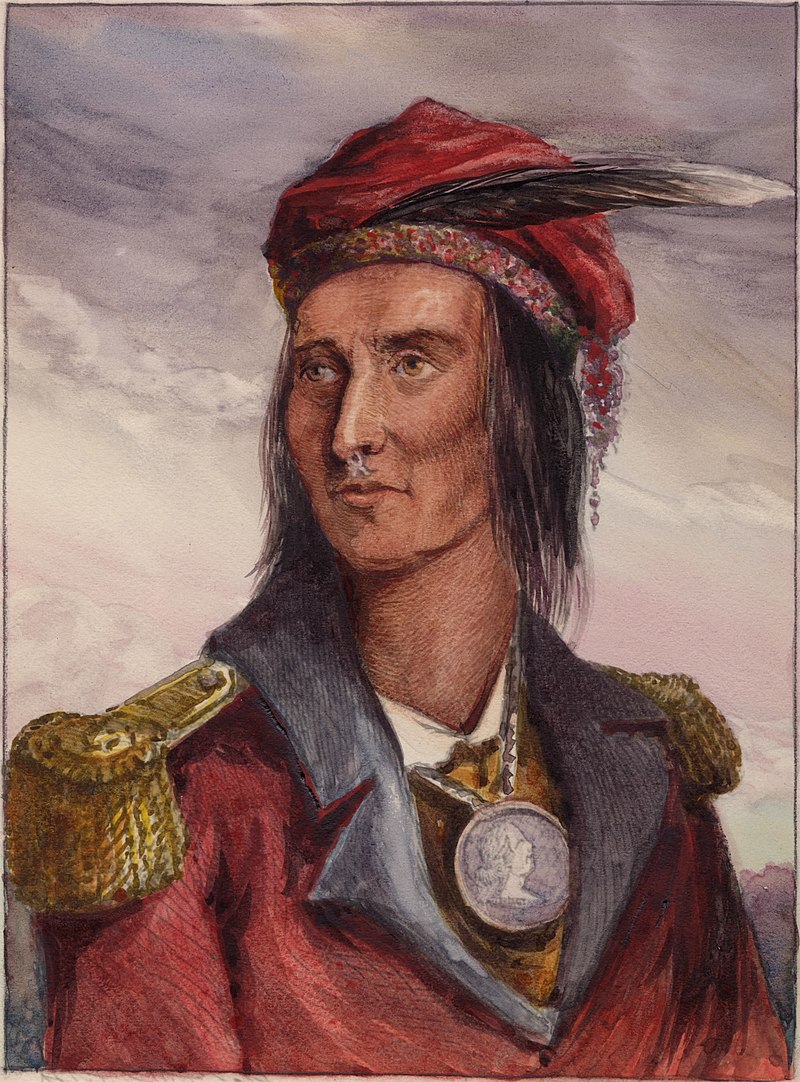
- Tecumseh believed that no single tribe had a land of their own except for the Shawnees' principal god, the Master of Life. He believed that if all of the tribes banded together, they would be able to deal with the Americans taking their lands. The tribes may be weak separately, but if they were together, they would become a major deterrent to white expansion. In his quest to unite the Indigenous peoples, he visited many tribes, seeking support for his confederation.
- The Battle of Tippecanoe was fought near the Tippecanoe River in present-day Indiana, close to the tribal settlement of Prophetstown, hence the name. Against Tecumseh's orders, his brother, the Prophet, chose to attack in Tecumseh's absence, initiating the battle against Harrison's forces. The resulting clash was fierce, with heavy casualties on both sides.
- However, Harrison and his men ultimately held the field, burning Prophetstown to the ground the following day, and were hailed as the victors of the Battle of Tippecanoe. Despite the hefty losses his forces sustained, Harrison's leadership during the battle contributed significantly to his reputation as a national war hero.
- Moreover, the Battle of Tippecanoe significantly bolstered Harrison's political career. His leadership and success in the battle were later leveraged during his presidential campaign with the popular slogan, 'Tippecanoe and Tyler Too'.
- Harrison retired temporarily from the Army in 1812, only to be called back into service during the War of 1812. His most notable contribution to the war was the Battle of the Thames, fought on 5 October 1813, in present-day Ontario, Canada. The battle was a critical one in that it was aimed at retaking Detroit, which had fallen into British hands early in the war. Harrison's troops were not only successful in defeating the British and Indigenous peoples allied forces but also in killing Tecumseh.
- The Battle of the Thames was a significant victory for the US, as the retaking of Detroit helped ensure US control over Michigan Territory. Harrison's leadership during this crucial battle further cemented his status as a war hero. Following this victory, he resigned from the army in 1814. Harrison's military service painted him as a war hero and influential leader. This reputation played a significant role in propelling his political career and shaping his path towards the presidency.
POLITICAL ASCENDANCY
- From his military service, Harrison had developed a reputation for leadership, tenacity and strategic intellect, all of which were qualities that he then brought into the political realm. His first position was secretary of the Northwest Territory in 1798, and he was then chosen to represent the territory in the US House of Representatives as a non-voting delegate in 1799.
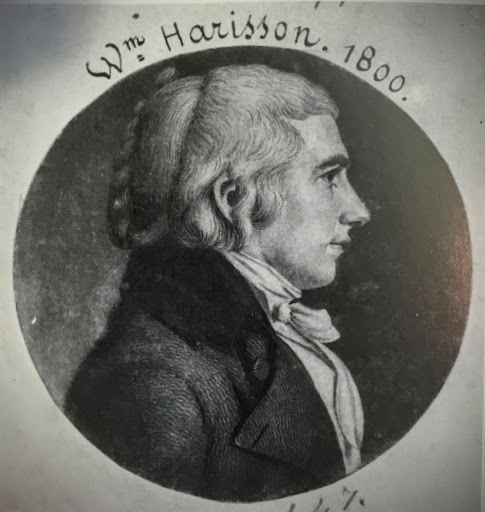
- Then, in 1801, he was appointed governor of the recently formed Indiana Territory, a position he would hold until 1812. As governor, he administered treaties with Indigenous peoples that secured millions of acres of land for the US government.
- Harrison served as a US representative from 1816 to 1819, a role that allowed him to continue his work advancing the needs of his constituents. He then served as a US Senator from Ohio from 1825 to 1828. His tenure in the Senate marked a continuation of his commitment to frontier issues, particularly the promotion of economic development and settlement in the West.
- In 1828, Harrison was appointed Minister to Colombia, demonstrating the national recognition he had achieved and his expanding range of expertise in foreign affairs. His role in Colombia, however, was short-lived due to the disapproval of the Jackson administration for his sympathetic stance towards Colombian rebels.
- Harrison's political ascendancy took a significant leap forward in 1836, when he became the newly formed Whig Party candidate for the presidency. The party was established in opposition to the policies of Andrew Jackson and his Democratic Party.
- Although he had substantial support, notably from western and pro-development constituencies valuing his military background and stance on economic issues, he ended up losing the election to Martin Van Buren. Harrison won 73 electoral votes, primarily from the states of Ohio, Indiana, Kentucky and Maryland, while Van Buren secured 170 electoral votes.
- The loss, however, did not signal the end of Harrison's political influence, as he was again nominated as the Whig Party's presidential candidate in the 1840 elections. This time, Harrison's campaign adopted a populist approach.
- Central to the campaign was the 'log cabin' image that painted Harrison as a man of the people. The campaign promoted an image of Harrison as a simple frontier man who hailed from humble beginnings and lived in a log cabin. This was a calculated fabrication by his campaign team since Harrison actually came from a prominent, enslaved-owning Virginia family.
- Two noteworthy elements of his campaign were the use of the slogan 'Tippecanoe and Tyler Too' and the promotion of his military leadership during the Battle of Tippecanoe. The slogan and his military exploits significantly boosted his popularity and stood as testament to his leadership skills.
- Harrison's strategy proved successful. He won the election with a substantial majority of the electoral vote: 234 votes to Van Buren's 60. On 4 March 1841, he was inaugurated as the ninth President of the United States.
- During his inauguration, Harrison gave a long-winded inaugural address, lasting nearly two hours, in cold and wet weather conditions without wearing an overcoat or hat. This event is believed by some to have led to his subsequent illness.
- His inauguration speech is known for its assertion of executive power and independence, which suggested an intention to assert autonomy over the executive branch during his presidency.
- Unfortunately, Harrison's time in office as the US President was brief due to his untimely death. He passed away on 4 April 1841, due to pneumonia. His presidency is, by far, the shortest in US history. Given that his presidency lasted only a month, he did not have the chance to enact significant policies or programmatic changes. His death ushered Vice President John Tyler into office, marking the first time in US history that a vice president assumed the role of president due to the latter's death.
CONTROVERSIES AND DEBATES
- There were several controversies and debates surrounding Harrison's life and career. As the governor of the Indiana Territory, Harrison negotiated numerous treaties that resulted in the acquisition of large tracts of Indigenous peoples' lands by the US government. These treaties are controversial because many argue that they were often forced upon or deceptively negotiated with the Indigenous peoples. Critics say that these treaties violated the rights and autonomy of the people involved, resulting in the widespread displacement of Indigenous peoples from their ancestral lands.
- One of the most significant deals that Harrison brokered was the Treaty of Fort Wayne in 1809, where about 2.5 million acres of land were purchased from Indigenous peoples. This treaty, among others, exacerbated tensions between the US government and Indigenous peoples, eventually leading to the Battle of Tippecanoe in 1811.
- Harrison's role in the Battle of Tippecanoe also attracted criticism. Some historians believe that unnecessary violence and loss could have been avoided if he had pursued more diplomatic channels robustly. In the battle, there were heavy casualties on both sides, and it deepened the animosity between US settlers and Indigenous peoples.
- Harrison's 1840 presidential campaign largely created the image of him as a simple frontiersman living in a log cabin when, in reality, Harrison came from a wealthy Virginia family of enslavers. This exaggerated 'common man' image continues to spark debate as it was one of the earliest examples of manipulating public perception for political gain.
- Harrison's political stances also caused controversy. As a Whig, he supported the American System of Economic Development, which included protective tariffs and a strong central banking system. Democrats and those who supported free trade and states' rights fiercely opposed these positions.
- Finally, Harrison's brief presidency is a point of debate. While some argue that his short term in office prevented him from implementing damaging policies, others contend that his intentions to assert autonomy over the executive branch and his confrontational inaugural address suggest that his presidency could have had negative implications for the balance of power in the US government had his tenure been longer.
Image Sources
- https://upload.wikimedia.org/wikipedia/commons/thumb/3/34/William_Henry_Harrison_by_James_Reid_Lambdin%2C_1835_crop.jpg/800px-William_Henry_Harrison_by_James_Reid_Lambdin%2C_1835_crop.jpg
- https://upload.wikimedia.org/wikipedia/commons/thumb/7/7c/Tecumseh02.jpg/800px-Tecumseh02.j
- https://upload.wikimedia.org/wikipedia/commons/c/c5/W.H._Harrison_ca._1800.jpg
Frequently Asked Questions
- Who was William Henry Harrison?
William Henry Harrison was the 9th President of the United States. He served only 32 days in 1841, making his presidency the shortest in American history.
- How did William Henry Harrison die?
William Henry Harrison died of pneumonia on 4 April 1841, just 32 days into his presidency. His illness is believed to have been contracted during his lengthy inaugural address in inclement weather.
- What was the significance of William Henry Harrison's presidency?
Harrison's presidency is notable for its brevity, and he did not have the opportunity to enact significant policies. His death raised questions about presidential succession and prompted the ratification of the 25th Amendment to the Constitution in 1967.
